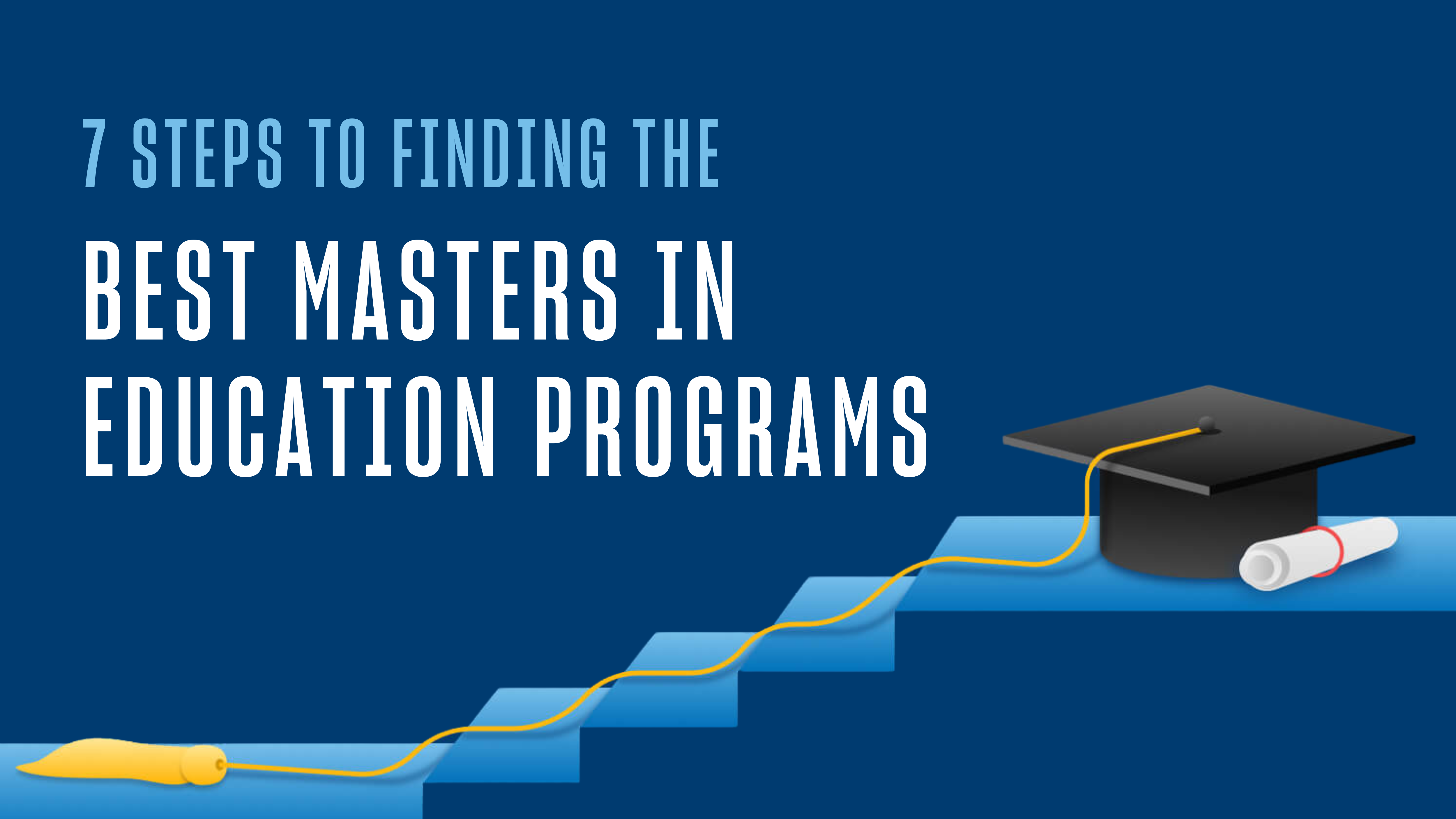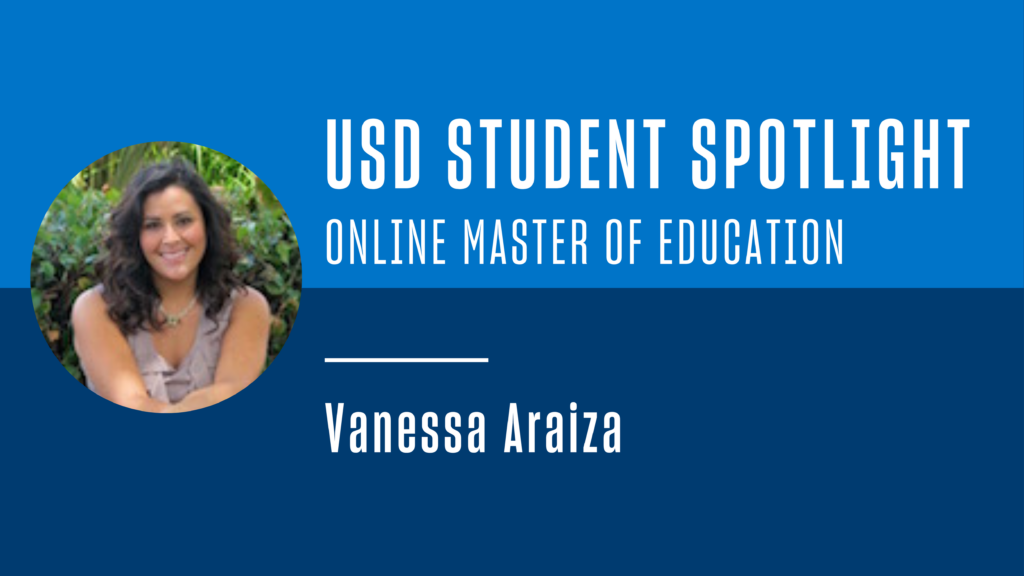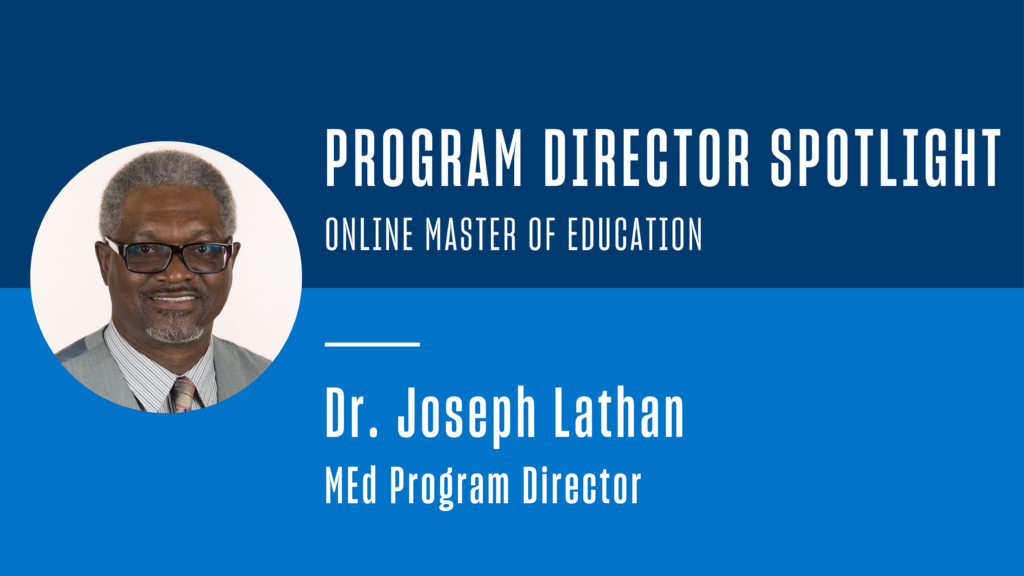If you are considering furthering your education and taking the next step in your career as an educator, you may be considering a master’s degree in education. But with so many degree programs available, deciding which is right for you can be a challenge. Use this list to help whittle down your options and find the best
masters in education programs for you.
1. Define Your Goals
The first step in finding a university to pursue your master’s in education is to define your own career goals. If you want to teach special education or if you want to incorporate digital learning and literacy into your teachings, you should look for a program that offers specializations in those areas. This is extremely important for those at the graduate level. A master’s in education is all about specialization and focusing your area of study. You need to make sure the university you choose has a strong academic focus in the area you are interested in.
Download our free eBook to learn the top reasons to get your Master of Education degree >>
Every school should also list their program’s goals and mission. Make sure your goals are in alignment to ensure you are choosing the
best masters in education programs for you.
2. Decide if You Want to Learn Online, In-Person or Both
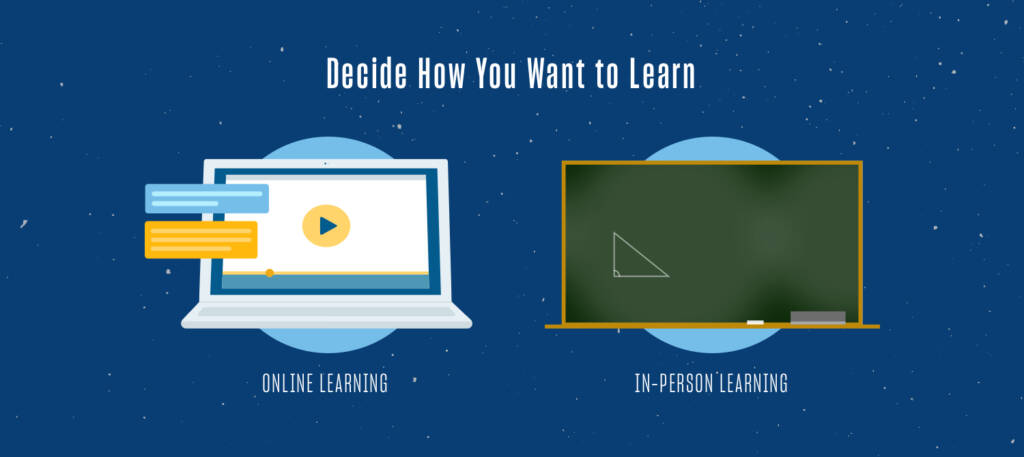
For students looking to pursue a master’s in education, the program’s flexibility is often a very important factor in their ability to fit schooling in with work and family obligations. Many universities now offer 100% online degrees or hybrid options that can be a huge benefit to working educators who have limited time to commute to a class every week.
>>Watch Now: Online Teaching Myths & Top 10 Best Practices for Educators
3. Examine the Faculty Credentials
A professor can make or break a class. Do your homework and look into the faculty who will be teaching your program. Look at their credentials, publications and experience including both teaching experience and field experience. If you have additional questions, most faculty members are usually happy to speak with prospective students.
4. Determine the Total Program Cost
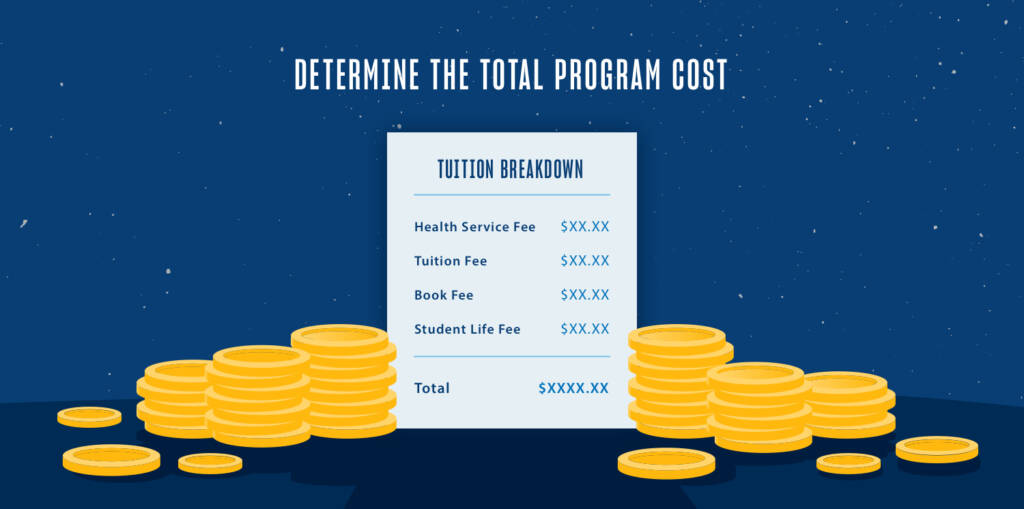
For most students, cost matters. While tuition can be offset by a number of financial support options such as scholarships, loans and grants, you should know where you are starting from. Plus, every university has a different program cost and offers different grant and scholarship options. Comparing your options and seeing what you get for your money at each school will help you feel confident in your final decision, knowing the money you will spend will be well worth it.
5. Research the School and Program’s Reputation
While a school’s reputation is important, when it comes to graduate school, it is the program reputation that really matters. For instance, a school may not have a stellar overall reputation for liberal arts but their education department may be phenomenal —be known as a teaching school and in the industry to have a strong, up-to-date program with an exceptional faculty. If you are already in the teaching field you probably already have a good idea of the well-known and well-respected master in education degree programs in your area. But you can do further research by talking to peers in your field, reading online rankings such as the US News school ranking report and reaching out to past students who can give you a first hand take on the caliber of the program including any benefits and drawbacks.
6. Make Sure You Have All the Required Prerequisites
Most graduate programs have a host of prerequisites that you will need in order to begin. If you can’t check the box “yes” for all of the prerequisites you may need to take additional classes to get up to speed before you can officially start a degree program. Another common requirement for master’s programs is that you are currently working in the field.
7. Speak With an Advisor
Once you have narrowed down your list of top schools with master’s in education degrees, it is extremely helpful to speak with an advisor who can give you a more detailed overview of the program and answer any questions you may have. They can also walk you through next steps should you decide to apply or connect you with prior students and current faculty for more information. This will also give you a chance to see what types of support and resources the university will be able to offer as you go through the application process and once you become a student.
At the University of San Diego we offer a 100% online Master’s of Education degree with specializations in Curriculum & Instruction, Literacy & Digital Learning, STEAM, and Inclusive Learning. Contact us to learn more about USD’s nationally ranked program.

